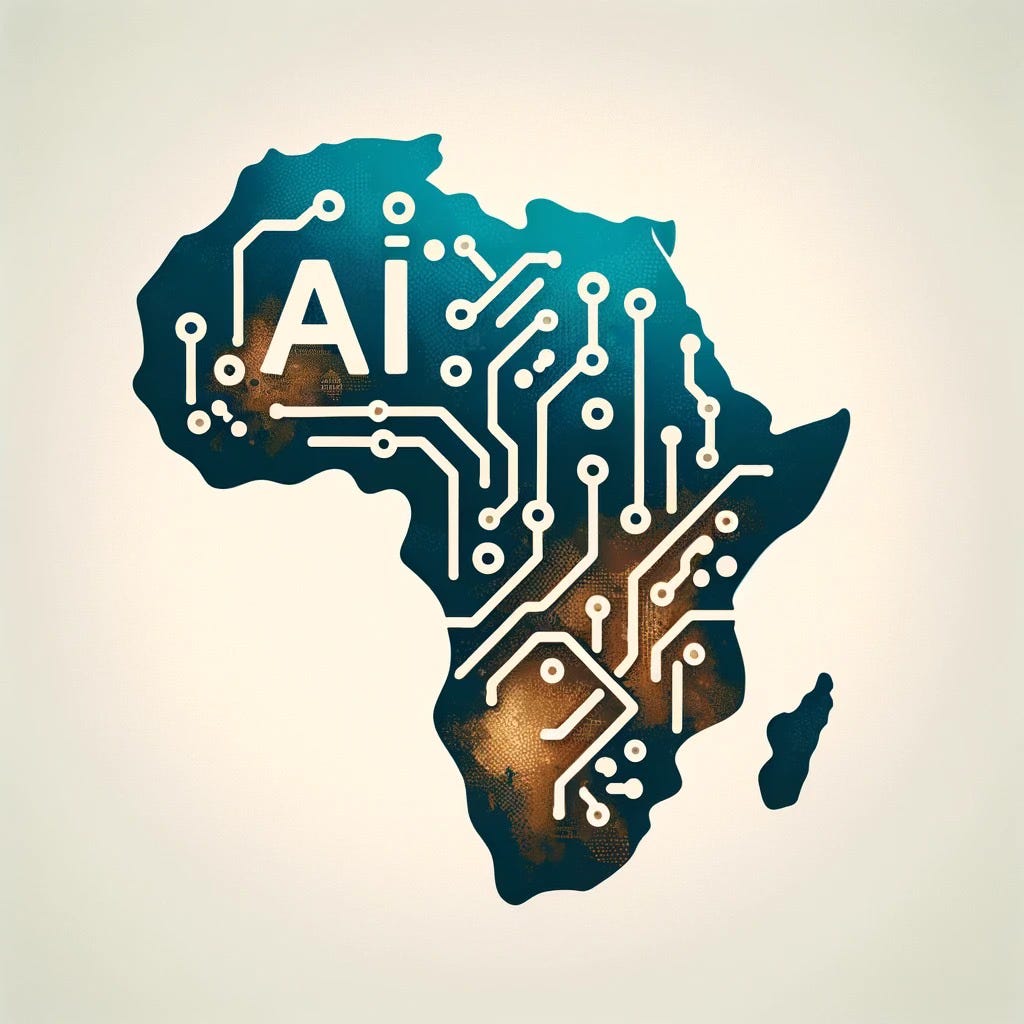Good morning, savvy entrepreneurs and tech enthusiasts!
Artificial intelligence (AI) has a lot of "super powers." Like most people, I find them flattering, but be honest—just like in a social engineering campaign—and people will rapidly see through it. Most individuals may find it impulsive to be complimented on their shoes for the fifth time by the same person; disingenuous flattery frequently has the opposite effect from what was intended. When I use AI, I often have a similar experience. It appeals to the part of me that doesn’t allow good to exist without conditions. Maybe that’s why Kenya recently formulated a national AI strategy; let's look into it.

Kenya in collaboration with German Development Cooperation (GIZ) formulated its National Artificial Intelligence (AI) Strategy. With support from the German Federal Ministry for Economic Cooperation and Development (BMZ) and the European Union, the initiative, named “FAIR” which means “Forward Artificial Intelligence for All,” aims to harness AI's potential for driving Kenya's digital transformation and achieving the Sustainable Development Goals.
The recent kick-off meeting held on April 8, 2024, brought together key stakeholders from varied sectors, including academia, government, and civil society. The discussion was centered on gaps and opportunities within Kenya’s AI ecosystem, existing initiatives and gather feedback on the strategy development process. Bodo Immink, GIZ Country Director, emphasized the significance of this project for Kenya's sustainable development and social inclusion.
Preceding this launch, on March 26, 2024, the Kenya National Commission for UNESCO (KNATCOM), in partnership with UNESCO, hosted a Stakeholders’ Consultation Forum in Nairobi to evaluate Kenya’s Readiness Assessment (RAM) on AI. This event underscored Kenya's commitment, alongside UNESCO's 193 Member States, to champion ethical principles in AI development.
The Readiness Assessment (RAM) Report on AI in Kenya's preliminary findings were deliberated during the event. Lead National Expert for Research ICT Africa (RIA), Dr. Diana Nyakundi, emphasised several important characteristics, such as technological and infrastructural, social and cultural, legal and regulatory, and economic. Participants' insights highlighted the value of inclusiveness, economic growth, scientific advancement, standardised methods, and a strong infrastructure in promoting ethical AI.
Kenya's National AI Strategy is still developing; more similar meetings are expected to take place to collect necessary data and finalize the plan. Kenya thrives to preserve human rights, encouraging inclusion, and guarantee it’s citizens with equitable, sustainable, and inclusive results in AI development and use as it advances in this technological world.







